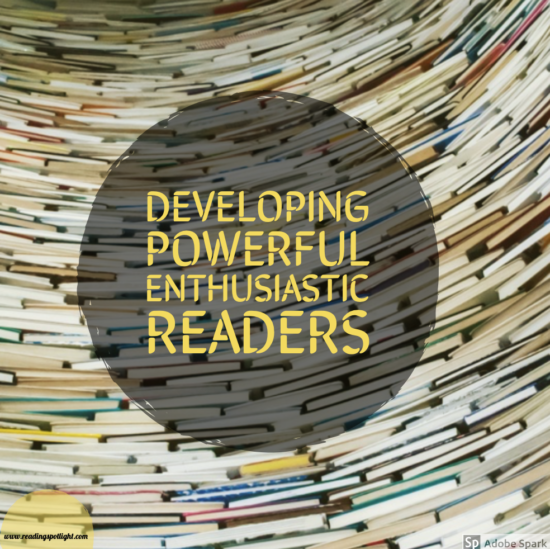Every teacher wants a classroom filled with powerful and enthusiastic readers. This is a terrific goal for the new school year…and it can be accomplished.
Powerful readers process information by recognizing patterns and relationships. They become more persistent and creative as they encounter problems. Students can become enthusiastic when inspired by challenges that they see as affecting them personally and for which they see a reasonable chance of success.
As students progress through grades, some fade away from learning the information being taught. Disparities in reading ability increase in successive grades as more and more students are added to the heap of those who cannot read the textbook fluently. Just saying, “Try again,” or “Try harder,” doesn’t really work. Providing work-study outlines and/or questions may help with the content load, but actual reading problems are never addressed. What’s a concerned teacher to do?
It requires a new mindset and a new design. In most schools not much attention is paid to reading instruction after grade 5. But… SOMEONE must pay attention to the reading strengths and weaknesses of individual students. SOMEONE must provide extra instruction and practice for the myriads of students who cannot read text accurately, who cannot spell well, who cannot syllabicate unknown words, or who cannot comprehend or write effectively. This includes a surprising number of bright students, too. Why not consider a different lesson design?
Within a regular, five-lesson week, consider incorporating two or three (15-20 minute) mini-lessons for students grouped on reading needs that have been previously assessed. Perfect for today’s short attention spans! Useful for ALL grades and ALL subjects! Wouldn’t it be great if every student could write a clear explanation of a biology experiment with no spelling or grammatical errors, if all could syllabicate and pronounce unfamiliar countries or scientific terms, if they could spell and use correct homonyms? Design mini-lessons for specific reading skills that relate to particular subjects. Homework does not have to be the same for everyone.
Weak decoders or poor spellers might do a word search on vowel combinations, while poor comprehenders might complete Venn diagrams for characters, story maps, or outlines for simpler scientific articles. Better readers might write a newscast or questions for a podcast interview of a famous person, or local professor, related to the topic being taught. They could research an address and actually send the questionnaire, with, maybe, a surprising result. Focusing on students as individuals, and addressing strengths, weaknesses, and interests will go a long way toward developing a classroom of powerful, enthusiastic readers. It’s not as hard as it might seem, and the rewards are sensational.
I have a plan for that, and each one is FREE:
READING PROFILE
https://www.teacherspayteachers.com/Product/Reading-Profile-4398321
RETELLING PROFILES
https://www.teacherspayteachers.com/Product/Comprehension-Retelling-Profiles-3289557
SELF-HELP READING HABITS TEST (Grades 3-up)
https://www.teacherspayteachers.com/Product/Reading-Habits-Self-Help-Test-Grades-3-Up-2036982
SELF-HELP READING COMPREHENSION TEST
https://www.teacherspayteachers.com/Product/Self-Help-Test-Reading-Comprehension-3296772
… much, much more.
My intention has been to make the task easier for inspired teachers who care about developing great readers who actually can read fluently and who enjoy reading. I have developed many useful and effective FREE materials to help with this effort. Browse my TpT store
Many FREE tips are also available on my website,
and ideas on my
Reading Spotlight Pinterest Boards
Here are some other interesting posts about education from my friends at TBOTEMC:

© Reading Spotlight 2019


